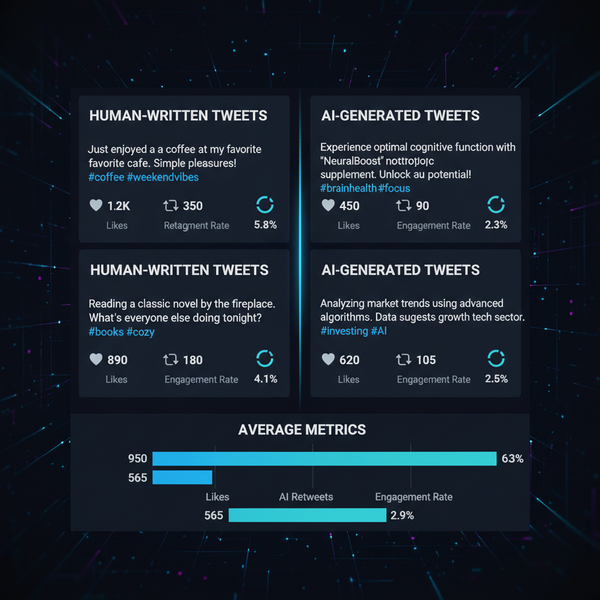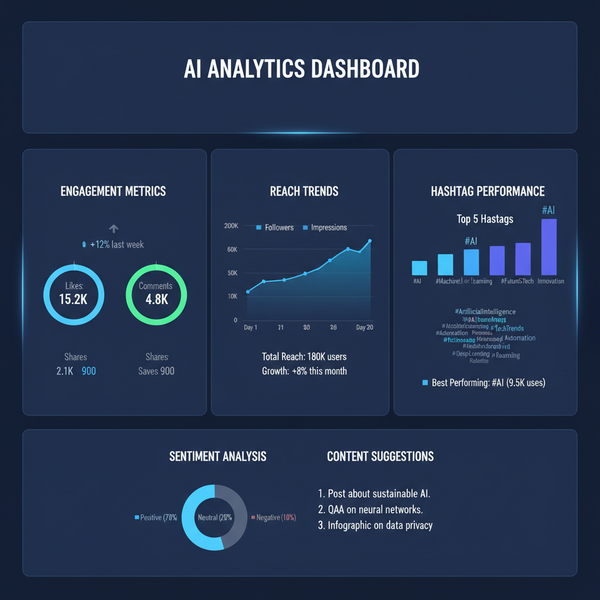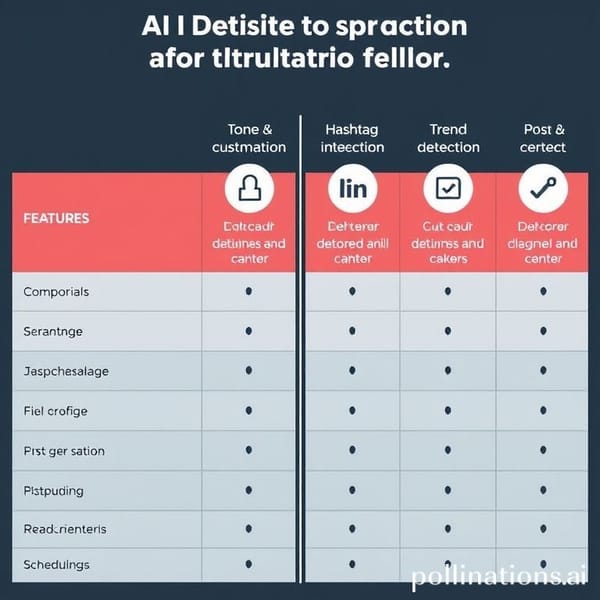Why YouTube Recommends Videos You’ve Already Watched
Learn why YouTube often recommends videos you've already watched, factors driving repeats, and how adjusting watch history can change your feed.
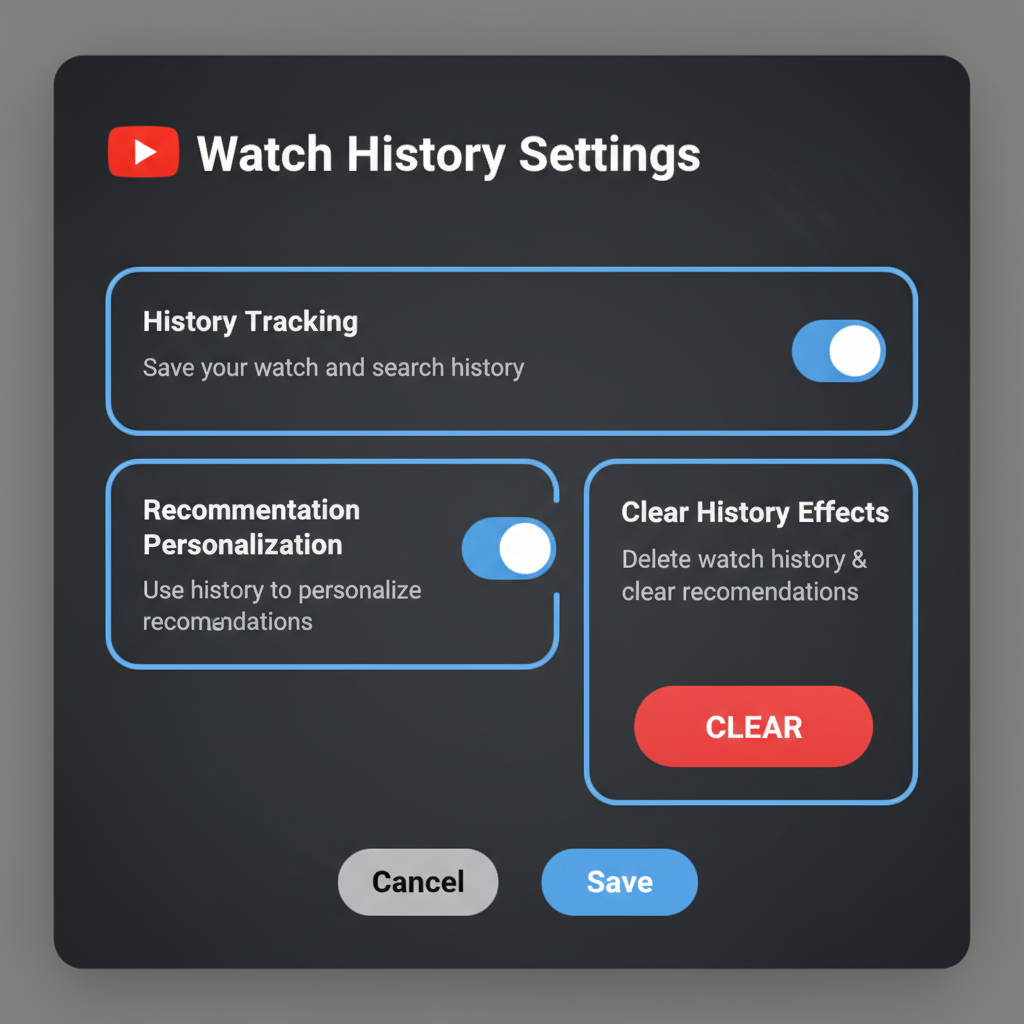
Understanding Why YouTube Recommends Videos You’ve Already Watched
If you’ve ever scrolled through your YouTube home feed and wondered “Why does YouTube recommend videos I’ve already watched?”, you’re not alone. This common viewing quirk is rooted in YouTube’s sophisticated recommendation algorithm, which blends history, engagement, and personalization to keep you watching. In this guide, we’ll break down why repeats happen, what factors cause them, and how you can adjust settings to enjoy a more varied feed.
---
How YouTube’s Recommendation Algorithm Works
YouTube’s recommendation system relies on machine learning models that assess multiple signals to predict what you’ll want to watch next:
- Watch History: Tracks videos you’ve viewed, your watch duration, and instances of rewatching.
- Engagement Signals: Likes, comments, shares, subscriptions, and watch time help the algorithm learn your preferences.
- Contextual Signals: Your device type, location, time of day, and browsing patterns also shape recommendations.

The platform’s overarching goal is viewer satisfaction and retention—it surfaces videos you are statistically likely to watch, informed by your past behavior and wider trends across YouTube.
---
Reasons YouTube Resurfaces Already-Watched Videos
Even with a video recorded in your watch history, YouTube may still recommend it. Some key reasons include:
1. Refresh Memory
Partially watched videos or those unseen for a long while may reappear to prompt completion or rekindle interest.
2. Re-Engagement
The system favors proven engagement; similar content you liked or rewatched prompts repeat recommendations.
3. Updates or Context Changes
Videos updated with new annotations, pinned comments, or chapters can be re-promoted to viewers who’ve engaged before.
4. Relevant to Current Trends
Past videos that gain sudden topical relevance from news or viral events can re-enter your feed.
---
The Role of Watch History Settings
Your watch history is central to what YouTube recommends. Adjusting it can affect repeat frequency.
| Setting | Effect on Recommendations |
|---|---|
| Watch History On | Uses past views to find similar or related videos, including repeat suggestions. |
| Pause Watch History | Stops new views from influencing recommendations; repeat rates may drop over time. |
| Clear Watch History | Erases personalization linked to previous activity. |
When watch history is active, the algorithm may resurface older videos matching your interests. Pausing or clearing history interrupts this cycle.
---
Creators Reupload or Update Existing Videos
Sometimes creators reupload a video with new edits, information, or improved technical quality. This may prompt YouTube to recommend:
- A reuploaded version with a fresh URL.
- The original video if metadata updates trigger rediscovery.
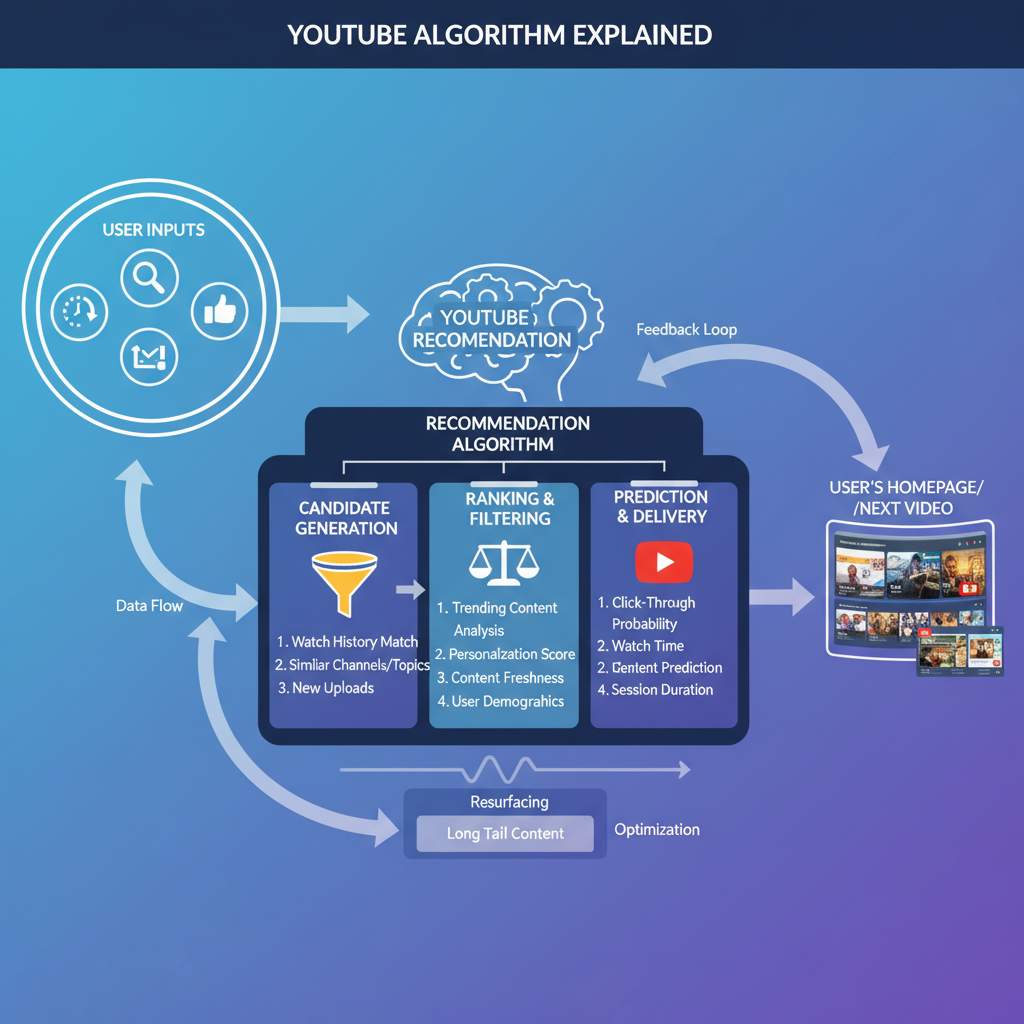
This occurs often in tutorials, news summaries, or event highlight reels.
---
Playlists and Series Content Cause Repeats
If you follow a playlist or a series, YouTube may prioritize previously watched episodes to ensure continuity:
- Music playlists often loop tracks listeners enjoyed earlier.
- Educational series repeat episodes for reinforcement.
- Story-based vlogs might revisit earlier parts for narrative context.
---
Personalization: Similar vs. Literal Video Repeats
There’s a difference between similar content repeats and literal re-recommendations:
- Similar repeats involve shared tags, topics, or creator affinities.
- Literal repeats occur when the same video ID you’ve watched is shown again.
Cluster-based recommendations may feel like repeats even if the video is technically new.
---
Autoplay and Session Continuation
Autoplay can spur repeats from recent sessions when:
- You close the app mid-playback.
- You resume on another device.
- The system considers a partially viewed video unfinished.
This continuation logic boosts the chances of seeing an “already watched” video in your feed.
---
Reduce Repeats: Clear or Pause Watch History
To curb repetition in recommendations:
- Pause Watch History: Go to Settings → History & Privacy → Pause watch history.
- Clear Watch History: Also under History & Privacy, use “Clear watch history”.
- Selective Removal: Remove individual videos from watch history manually.
---
“Not Interested” & “Remove from Watch History” Options
While browsing:
- Use the three-dot menu next to a recommendation.
- Select "Not Interested" to refine algorithmic suggestions.
- Choose "Remove from watch history" to exclude specific videos.
These steps help train the system toward more variety.
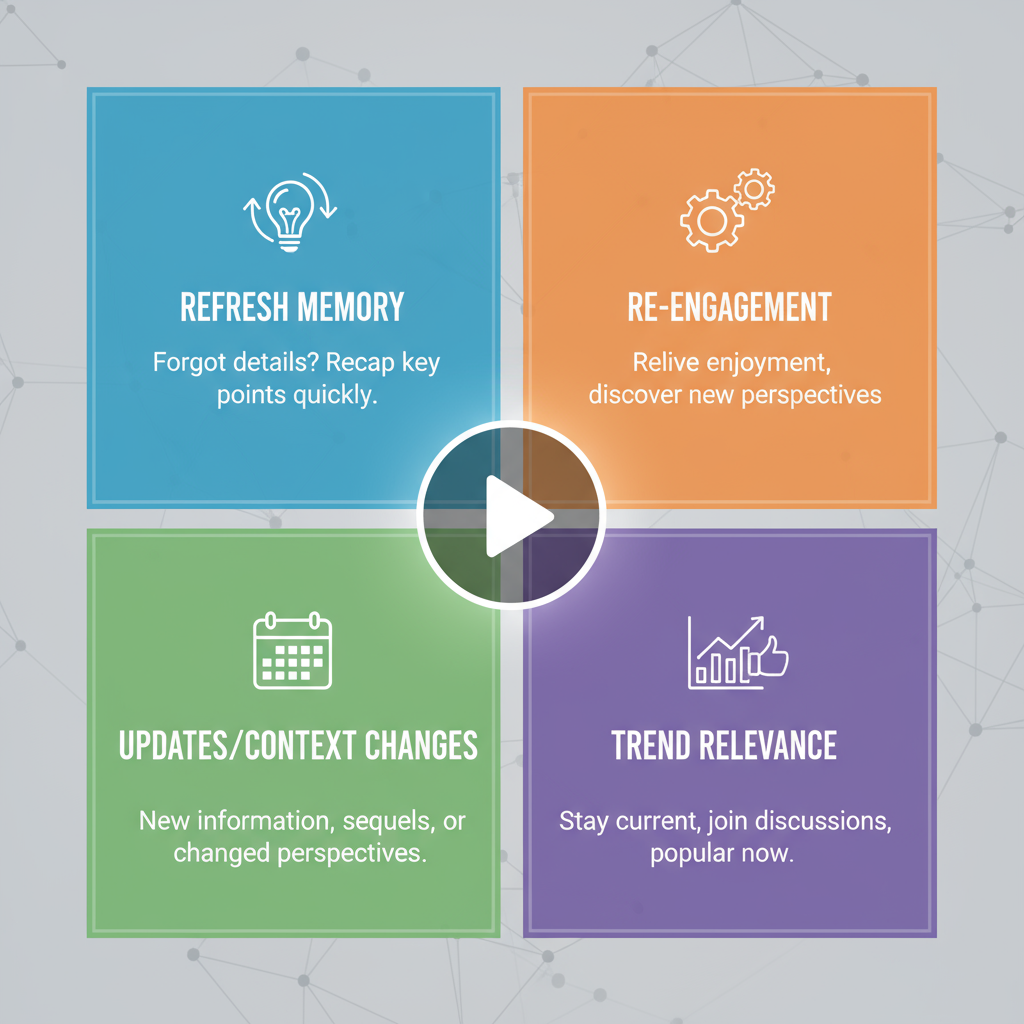
---
Algorithmic Bugs or Glitches
Occasionally, repeats stem from unintentional factors:
- Sync issues between devices.
- Errors in watch history logging.
- Bugs in the recommendation module.
Though rare, such cases are acknowledged by YouTube when users report them.
---
Device-Based Behavior Differences
Different platforms may show varying repeat likelihoods:
| Platform | Repeat Recommendation Likelihood |
|---|---|
| Desktop | Moderate—stable browser cookies and longer session data retention. |
| Mobile App | Higher—shorter viewing bursts often prompt repetition. |
| Smart TV | High—short sessions encourage familiar content for quicker engagement. |
---
Best Practices for Improving Feed Variety
To keep your feed fresh:
- Diversify searches and viewing habits.
- Subscribe to creators with unique content styles.
- Actively mark Not Interested to prune repeats.
- Explore via incognito/private mode.
- Regularly refresh your watch history.
---
Implications for Content Creators
For creators, repeat recommendations can be advantageous:
- Update older videos with fresh metadata.
- Structure playlists to guide viewers back to series episodes.
- Time releases to align with trending topics.
Leveraging repeat exposure can extend a video’s lifespan and broaden reach.
---
Final Thoughts
Ultimately, the question “why does YouTube recommend videos I’ve already watched” is answered by the interplay between algorithmic prediction, personalization settings, watch history behavior, and YouTube’s engagement objectives. While repeats can frustrate some viewers, they’re often part of an intentional strategy to surface content you’re likely to enjoy again.
By understanding these systems and tweaking your watch history or feedback actions, you can achieve a balance—maintaining relevance while exploring new content. Try the adjustments discussed here to shape a more dynamic YouTube experience tailored to your evolving interests.


